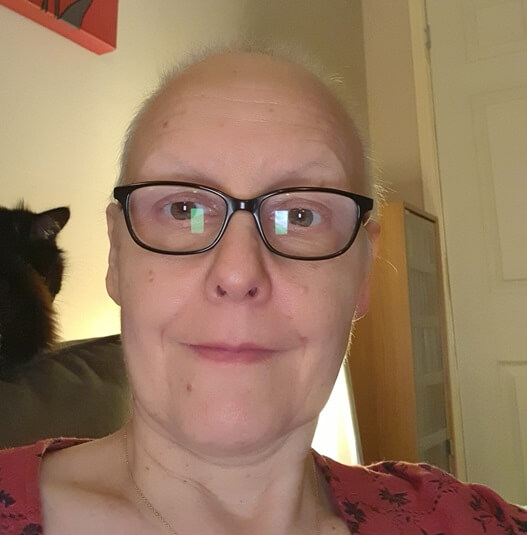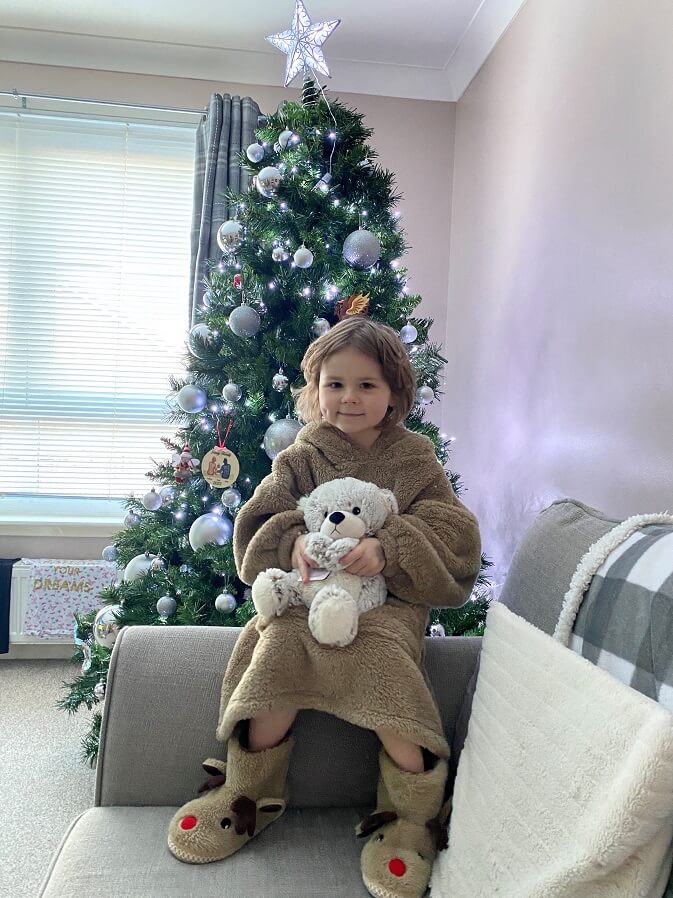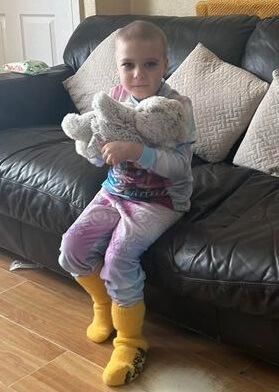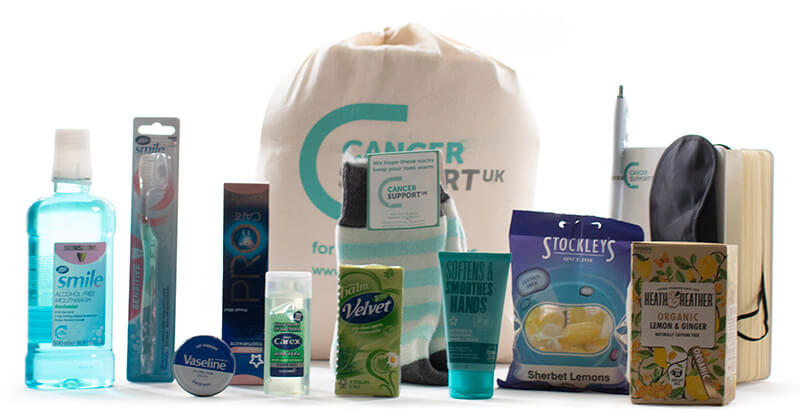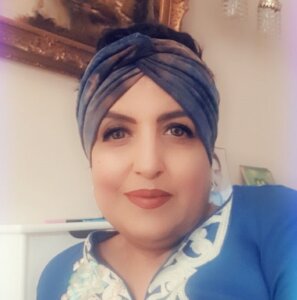
Aneela joined Cancer Coach as she knew she needed to talk about her cancer experiences
Aneela was 48 years old when she was diagnosed with breast cancer in 2019, following a positive result from a mammogram while working in Pakistan.
“I found a lump and because you aren’t screened in the UK until you are 50, I thought I might as well get it done, as I had private health care.
“I flew straight back to the UK after my diagnosis to see my GP. Two days later I was sent for a mammogram, plus ultrasounds and a biopsy. I was diagnosed with stage 3 breast cancer.
A whirlwind of medical appointments and treatment followed, with Aneela receiving surgery, as well as chemotherapy and radiotherapy.
“I was extremely anxious about contracting COVID because of my weakened immune system. I made the 20 minute journey to the Royal Marsden Hospital alone. I didn’t tell my youngest child, who was then 11 years old, that I had cancer, as I didn’t want to stress her. In fact I’ve only just told her. My two older children knew my diagnosis, but they weren’t living at home.
“I carried on working from home, as it helped me to stay positive. I wore a scarf when I went into the office, as I didn’t want people to define me by my illness. I wanted people to treat me normally and not be shocked or overly sympathetic. In fact they thought I wore the scarf for religious reasons.
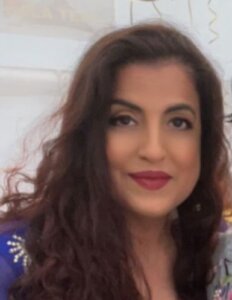
Aneela says “Cancer Coach helped me feel less alone.”
“Everyone at work was supportive and said how brave I was. I would put on full make-up and head off for chemo in the evening. I kept up an act of bravado as I didn’t want to show any weakness or that I couldn’t cope. I didn’t want cancer to control me. I was doing research into my doctorate while going through treatment and it powered me through.
“I was prompted to join Cancer Coach by my consultant. When I saw him at the Royal Marsden for my final appointment, I just burst into tears. He suggested that I have some support to talk through my emotions. It’s hard when you finish treatment, especially if you are taking medication still or have scars, which serve to remind you of what you’ve been through. People hope you will go back to normal and put it behind you.
“I started Cancer Coach in June 2021 with others who had completed their cancer treatment. Everyone was at a different stage of their journey and we were all different ages, too. I thought it was good to have a mixture of stages.
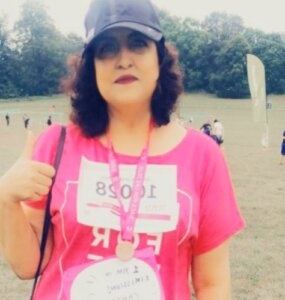
“My biggest fear is that my cancer will return,” says Aneela
“Your focus is entirely on getting through treatment, but when it all ends, you are just left with your worries and no-one to talk to you about it. Family and friends don’t understand unless they’ve been through it themselves. There’s always that niggle at the back of my mind – could I go through it all again? You want to share that thought with someone who understands and that’s when I knew I needed to talk to someone who was going through what I had experienced.
“Cancer Coach helped me feel less alone. It was good to hear about other people’s triggers. Some of the strategies I learned in the group were useful reminders in how to manage triggering. In fact triggering is one of the biggest problems and it’s hard to speak to people about it.
“People don’t like the reality of cancer. It’s easier for them to cope if you don’t talk about it. I think that many people find it difficult to acknowledge the realities of cancer, so they push it out of the way, because the actual reality is so scary.
“My biggest fear is of the cancer returning and having to go through treatment again. It was really hard, especially as with every treatment your veins get thinner. I absolutely hate needles. I remember going for a blood test and bursting into tears afterwards.
“Although everyone’s outlook on their cancer experience is different, one shared theme is the emotions and feelings of the journey, which are all very similar. Cancer Coach made me realise that. I would definitely recommended Cancer Coach to anyone who has been through cancer. The more people who know about it the better.”
“I have definitely changed since having cancer. I think I am more assertive and less accepting of people’s nonsense. Previously I was very chilled. Now I don’t care what they think. I won’t sacrifice my feelings for someone and I don’t like being around people who are negative. You need to make the most of what you’ve got.”
Cancer Coach peer support groups are run by Cancer Support UK for people with a previous primary cancer diagnosis, who have finished their cancer treatment and need help moving forwards. The groups are split into weekly sessions over six weeks and are carried out free of charge by telephone or over a video call. Each group is facilitated by an experienced Cancer Coach who leads the group, offers support and structures the conversation.
Cancer Coach is for anyone over the age of 18 who has completed treatment for cancer, regardless of whether they finished treatment a few months ago or a few years ago. Apply to join a Cancer Coach support group online now.
